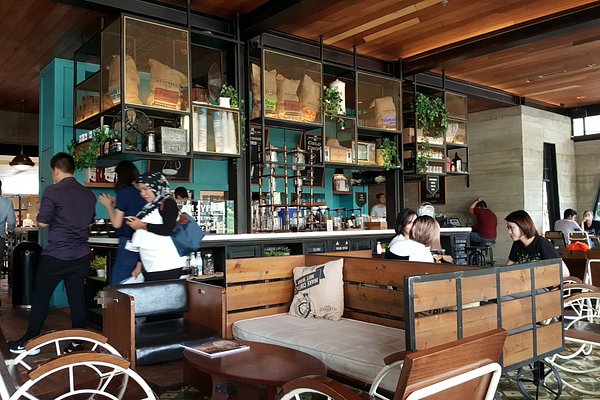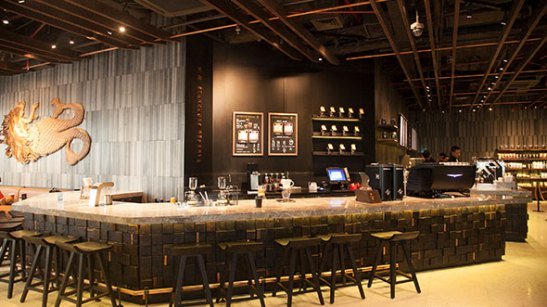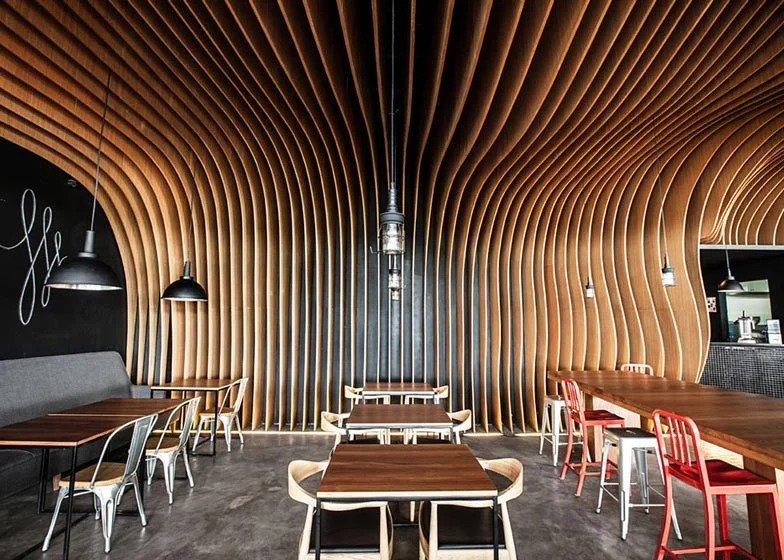Exploring Indonesian Cafés: Rich Coffee Heritage and Modern Twists
Indonesian café culture offers a delightful blend of rich coffee heritage and contemporary twists, reflecting the country’s deep appreciation for quality brews and unique flavors. From bustling urban centers to tranquil seaside retreats, cafés in Indonesia provide a diverse range of experiences that cater to both coffee enthusiasts and those seeking a relaxed atmosphere to unwind.
Indonesia’s coffee heritage is rooted in its fertile volcanic soils and ideal climate conditions, which produce some of the world’s finest coffee beans. Sumatra, Java, and Bali are renowned for their distinctive coffee varieties, such as Sumatran Mandheling and Balinese Kintamani, known for their earthy flavors and bold aromas. Cafés across the country proudly showcase these local specialties, offering patrons a taste of Indonesia’s rich coffee culture through traditional brewing methods like manual pour-over and siphon brewing.

In Jakarta, the bustling capital, café-goers can indulge in a vibrant coffee scene characterized by specialty cafés and artisanal roasters. Neighborhoods like Senopati and Menteng are home to chic coffee shops that feature sleek interiors, trendy décor, and a variety of brewing techniques. These cafés often collaborate with local growers to source premium beans, ensuring a fresh and distinctive coffee experience that highlights Indonesia’s diverse coffee regions.
Bali, known for its laid-back vibe and stunning landscapes, boasts cafés that blend tropical aesthetics with modern design. Beachside cafés in Seminyak and Ubud offer breathtaking views of the ocean or rice terraces, providing a serene backdrop for enjoying a cup of locally roasted coffee or refreshing tropical fruit smoothie. These cafés often incorporate sustainable practices, such as using biodegradable straws and supporting fair-trade coffee initiatives, aligning with Indonesia’s growing focus on environmental stewardship.

Beyond the urban hubs, Indonesian cafés in rural and cultural destinations offer a glimpse into traditional coffee rituals and local hospitality. Cafés in Yogyakarta, for example, may feature traditional Javanese décor and serve local delicacies alongside aromatic Javanese coffee. This blend of authenticity and modernity creates a unique café experience that celebrates Indonesia’s rich cultural heritage while embracing global coffee trends.
Pros:
- Diverse coffee varieties and flavors, showcasing Indonesia’s rich coffee heritage.
- Chic and trendy café environments in urban centers like Jakarta and Bali.
- Stunning settings in beachside and cultural destinations, perfect for relaxation and exploration.
Cons:
- Prices at specialty cafés can be higher compared to standard coffee shops.
- Language barriers may be encountered in less touristy areas, though English is widely spoken in popular destinations.
- Limited café options in remote or less populated regions compared to major cities and tourist hubs.
